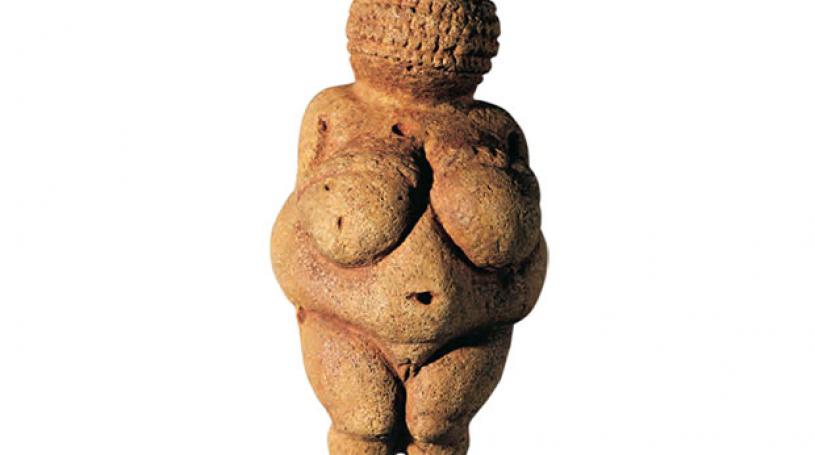Following Social Media Censorship, Viennese Museums Take Their Art to OnlyFans

Vienna’s museums are putting their works on view in a place where few world-class institutions have ever shown their art: OnlyFans. On that site, visitors can now see an account set up by the city’s tourism board where suggestive works from Viennese institutions like the Albertina and the Leopold Museum are being posted.
“The Viennese are very open-minded,” Helena Hartlauer, head of media relations at the Vienna Tourist Board, said of the unusual move.
OnlyFans is an app where viewers can pay a subscription fee to access exclusive—and often erotic—content from a creator. Now, for $4.99 a month, people can view painted nudes and risqué statues culled from the collections of Vienna’s finest museums, which maintain that these artworks are not necessarily sexual in nature. The city’s tourism board said the move to post artworks on the platform came after repeated censorship on other social media platforms.
In July, the Albertina’s TikTok account was suspended and then blocked for displaying the art of Nobuyoshi Araki, whose photographs often feature sexually explicit images of nude women. Then in September, when the Leopold Museum promoted its 20th anniversary by posting a work by Art Nouveau illustrator Koloman Moser, the campaign was flagged as “potentially pornographic” by Facebook’s algorithms. To avoid any repercussions, the museum switched out that image for a less objectionable work. That warning recalled Faceboook’s deletion of a post by the Natural History Museum of Vienna showing the Venus of Willendorf, an ancient fertility talisman depicting a naked woman with enlarged breasts.
In migrating these offerings to OnlyFans, Hartlauer claimed that Vienna’s museums were enacting more than just a publicity stunt—they were also aiming to “start a conversation” about the necessity of social media and the problems associated with it. According to Hartlauer, while some might argue that these museums could use other pieces to promote themselves, the matter is not quite so simple, given that it is growing harder and harder to tell what will be labeled explicit. “These platforms aren’t transparent at all,” Hartlauer said.
Museums, of course, aren’t alone in this frustrating struggle with social media platforms—artists have also voiced concerns about the guidelines for social media like Instagram. In a recent op-ed for ARTnews, artist Clarity Haynes described repeatedly trying to post nude self-portraits by photographer Laura Aguilar, only to have them deleted each time. “This kind of censorship does not exist in a digital vacuum,” Haynes wrote, describing the deletions as homophobic, racist, fatphobic, and misogynistic.
The Viennese museums’ new OnlyFans recalls another attempt at launching a platform for sexually suggestive art. This past summer, Pornhub started the Classic Nudes guide, an app that allowed users to find images of nudes in the world’s most renowned art institutions. Museums didn’t respond well to that initiative. The Louvre in Paris, the Uffizi Gallery in Florence, and the Museo Nacional del Prado in Madrid all threatened to sue Pornhub for its recreations of famous paintings in their holdings, among them Titian’s Venus of Urbino (1538), which is held by the Uffizi.
By contrast, Vienna’s tourism board said it was making no pretensions about the sexuality and nudity of artworks in its collection. “We also wanted to do this to show solidarity with artists who are censored,” Hartlauer said. “If you can’t show your artwork on social media this can really be an obstacle to your communications efforts, and even to your career.”
